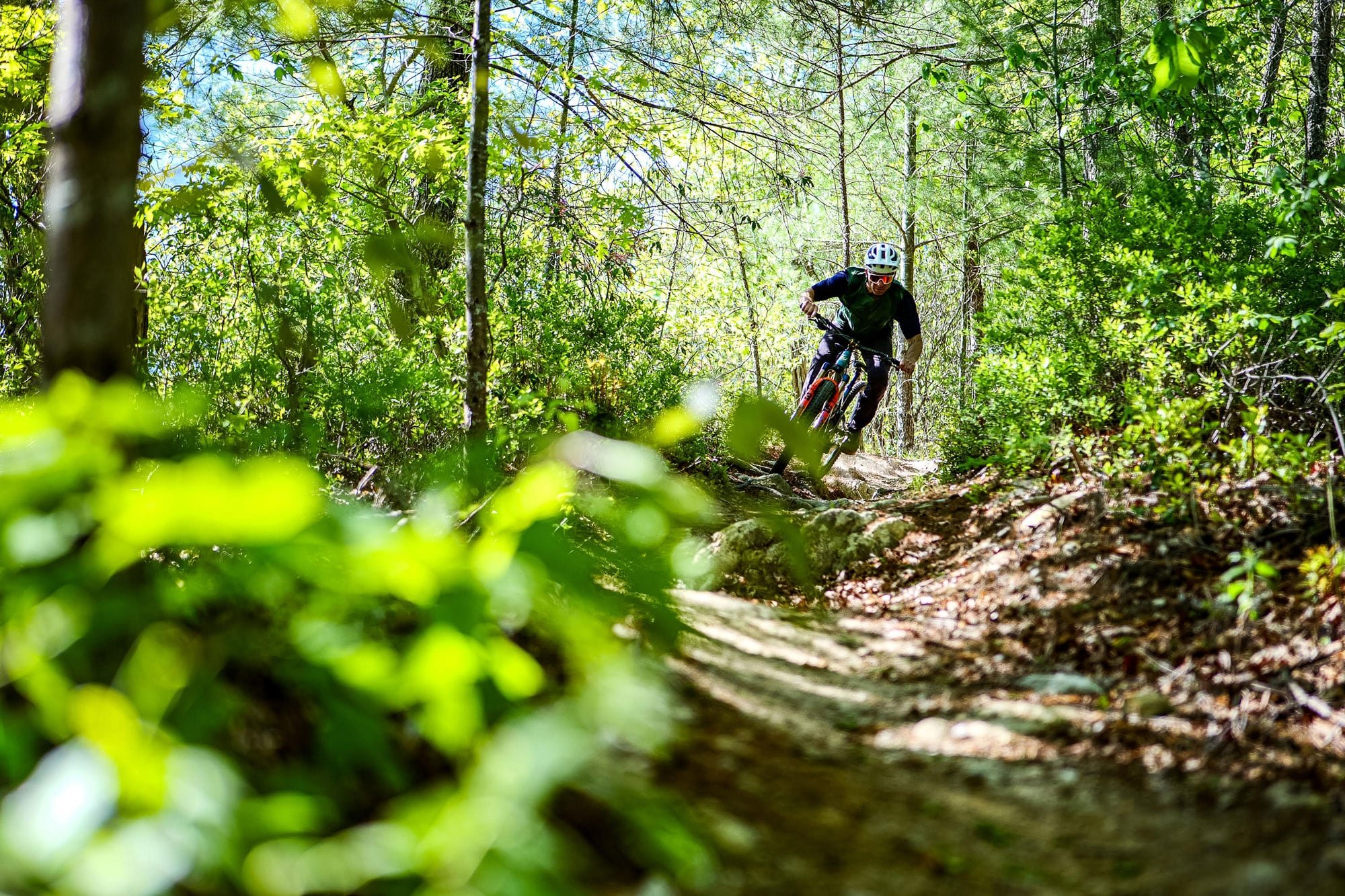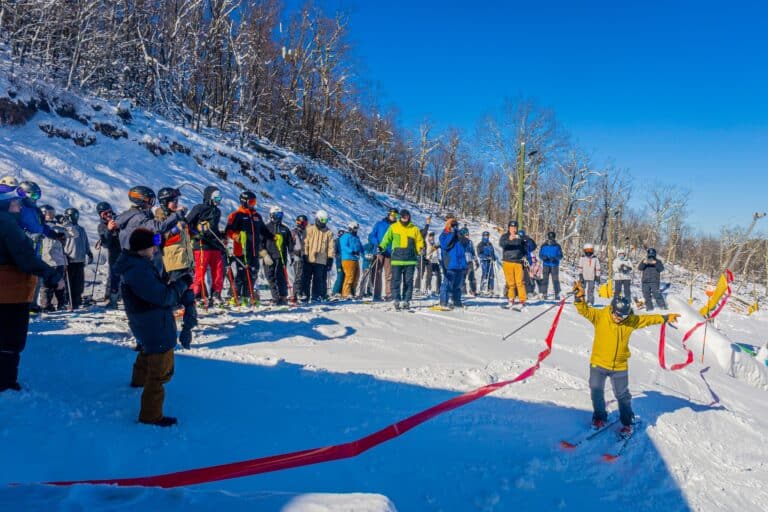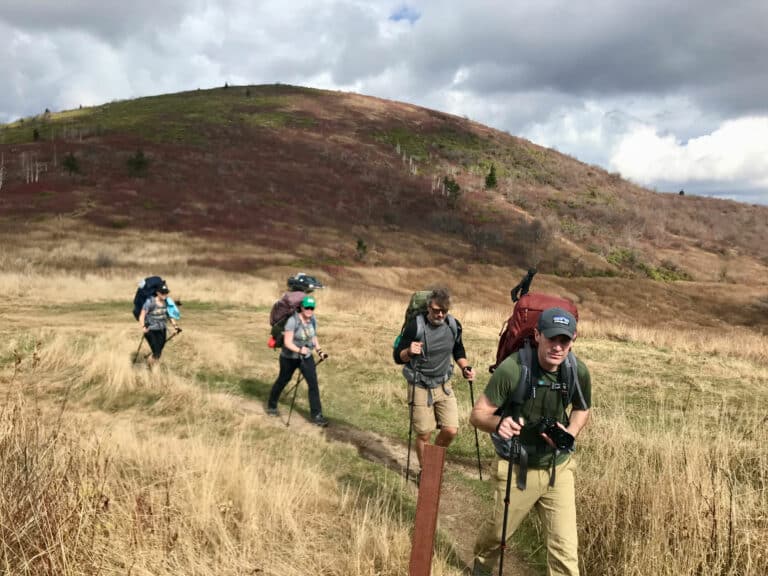One of the most sweeping outdoor recreation legislation packages in history advances to House floor.
Outdoor recreation got a huge shot in the arm in late January as the bipartisan House Committee on Natural Resources voted to pass the Expanding Public Lands Outdoor Recreation Experiences (EXPLORE) Act out of committee by unanimous consent and on to the House floor.
The sweeping legislative package is filled with provisions that aim to dramatically enhance access to federal lands and the range and quality of visitor experiences. It would provide funding to overhaul outdated infrastructure, reduce overcrowding, boost broadband connectivity, improve access for those with disabilities, create greenspaces in disadvantaged urban communities, streamline permitting processes for guides, and create more long-distance mountain biking trails.
“Exploring the great outdoors is part of the fabric of this nation and our identity as Americans,” said House Natural Resources Committee chair, Bruce Westerman (R-Ark.), in a statement supporting the bill. “This committee is focused on advancing policy to improve access to our natural resources as well as supporting conservation and innovation, [and] I look forward to working with my colleagues to advance these bills through the Senate and into law.”
EXPLORE is a companion to America’s Outdoor Recreation Act (AORA), which is currently in the senate. The groundbreaking package of about 20 bills stems from lawmakers’ close work with what may be the most diverse array of outdoor recreation and conservation-based organizations ever assembled. Contributors and endorsers include the Outdoor Alliance, Outdoor Industry Association, American Alpine Club, American Hiking Society, America Outdoors, REI, Patagonia, American Sportfishing Association, International Mountain Biking Association, Motorcycle Industry Council, and dozens more.
Outdoor Alliance senior policy manager Jamie Ervin helped craft recommendations for the legislation and says, if passed, “every facet of EXPLORE would be a big win.” That said, three bills are major headliners.
Biking on Long Distance Trails Act
BOLT would require federal land management agencies to designate at least 10 existing trails as official long-distance routes, identify another 10 for consideration, then work with groups like the International Mountain Biking Association to develop and promote them. Iconic rides like Arkansas’s Ouachita National Recreation Trail, the Maah Daah Hey trail in North Dakota, and 3,083-mile Great Divide Mountain Bike Trail were earmarked for fast-tracked recognition.
Protecting America’s Rock Climbing Act
Climbers have a cause célèbre in a bill Ervin says “would ensure safe and sustainable access on federal public lands across the country, and create national guidelines around how climbing gets managed in wilderness areas.” Namely, it would correct confusion around recently updated guidelines and legalize fixed anchors at storied climbs like Yellowstone’s El Capitan or Longs Peak in Rocky Mountain National Park. It could also provide funds for new infrastructure like parking areas, maps, and signage at popular climbing destinations like North Carolina’s Linville Gorge Wilderness.
Simplifying Outdoor Access for Recreation Act
Ervin says the Outdoor Alliance and its allies have prioritized work on SOAR for more than a decade. The landmark bill would update permitting guidelines and streamline application processes for guides and outfitters on federal lands. It would also make it easier for conservation nonprofits and other groups to get special use permits that help them introduce people in disadvantaged areas to the outdoors.
“Right now, the process for outfitters to obtain the permits they need to do things like lead hikes or whitewater rafting trips on federal lands is cumbersome, outdated, and unnecessarily complicated,” says Ervin. So much so that it’s putting operations out of business, stymying new business development, and creating an access bottleneck for introducing people to wild spaces.
In moving the bill forward, the House Committee on Natural Resources cited record-high rates of more than 168.1 million people—or 55 percent of the U.S. population—participating in outdoor recreation in 2023 and the $1.1 trillion economic impact that participation generated.
“There’s been rapid growth in outdoor recreation, and therefore, a need for public land improvements in terms of how recreation is managed and protected to address the increased demand,” said Outdoor Alliance vice president of policy and government relations, Louis Geltman, in a statement. The EXPLORE Act helps provide a solution for increasing access and managing this new level of use, and “we’re thrilled that it’s advanced. But the voice and continued support of the outdoor recreation community will be imperative to moving this package along.”
Cover photo: by Brice Shirbach








